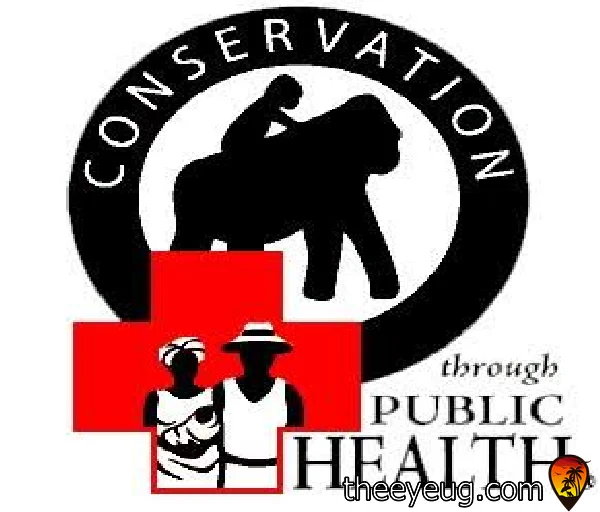Gaining the support of the local populations—who live next door to some of the world's most biodiverse wildlife—is essential to conservation efforts. In Africa, a large number of the most destitute and lonely households reside close to protected areas; their ways of existence pose a direct threat to the survival of the animals, their environments, and eventually their own lives. Grim daily realities include cattle, wildlife, and people spreading zoonotic diseases, as well as land encroachment and competition for food.
In 1996, the first scabies outbreak in Bwindi Impenetrable National Park killed a newborn gorilla, but the rest of the gorilla population recovered after Ivermectin therapy. The lethal disease was traced back to the local populations surrounding Bwindi Impenetrable National Park. A few years later, in 2001 and 2002, another scabies outbreak occurred; again, no gorillas died since they were treated quickly enough.
Mountain gorillas are endangered, and with just 1,063 left in the wild, Dr. Gladys Kalema-Zikusoka wondered how their extinction could be avoided. As a result, he founded Conservation Through Public Health (CTPH) alongside other concerned Ugandans. CTPH is a non-profit, non-governmental organization with a novel technique that emphasizes the interconnectedness of wildlife and human health in and around Africa's protected areas. CTPH runs three integrated strategic programs: wildlife conservation, community health, and alternative livelihoods. Poverty alleviation and improved rural public health will help to conserve biodiversity and promote long-term development in and around African protected areas.
| Product Location | Plot 3 Mapeera Lane, Entebbe. Belen de Escobar, Central Region, Uganda |
Aucun avis trouvé!
 French
French
 English
English German
German Russian
Russian 中文
中文










Aucun commentaire trouvé pour ce produit. Soyez le premier à commenter!